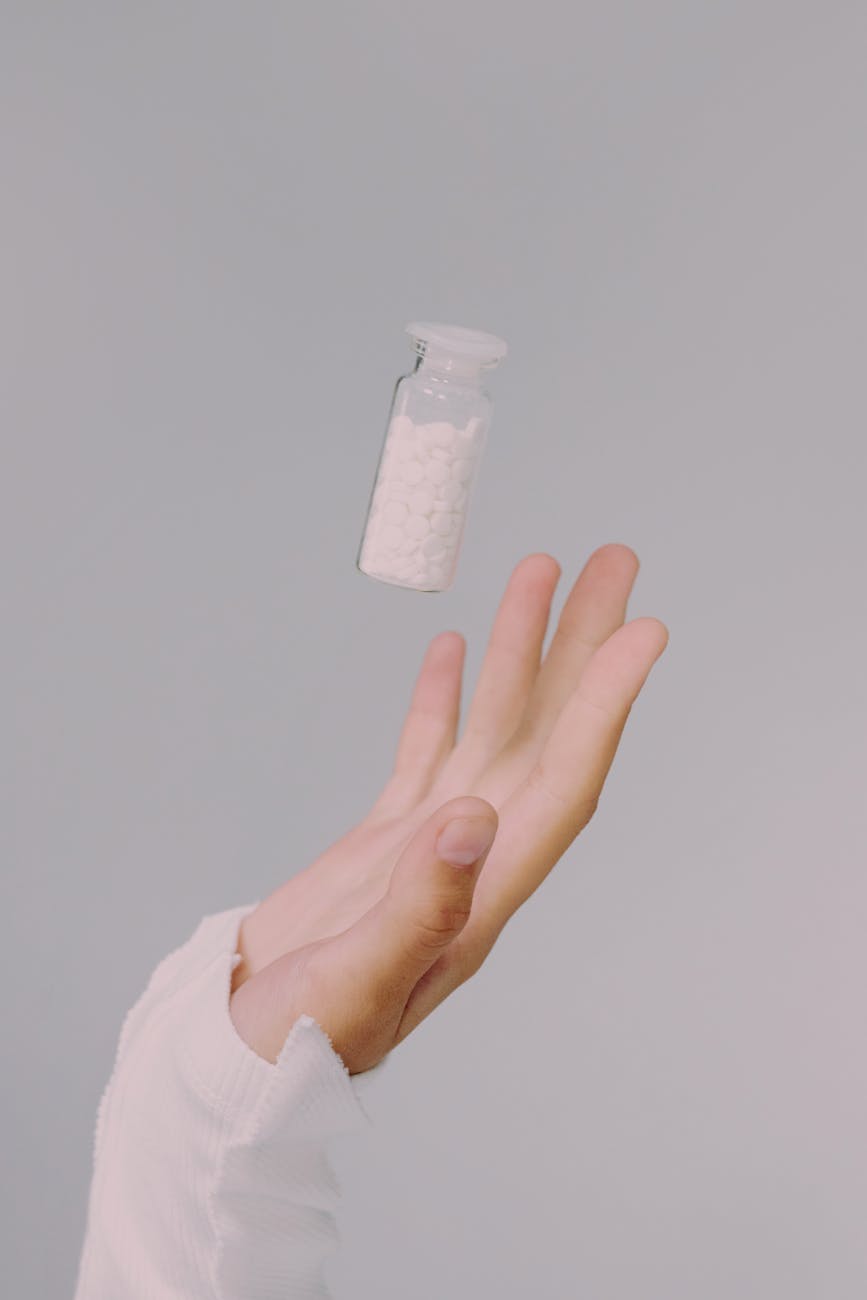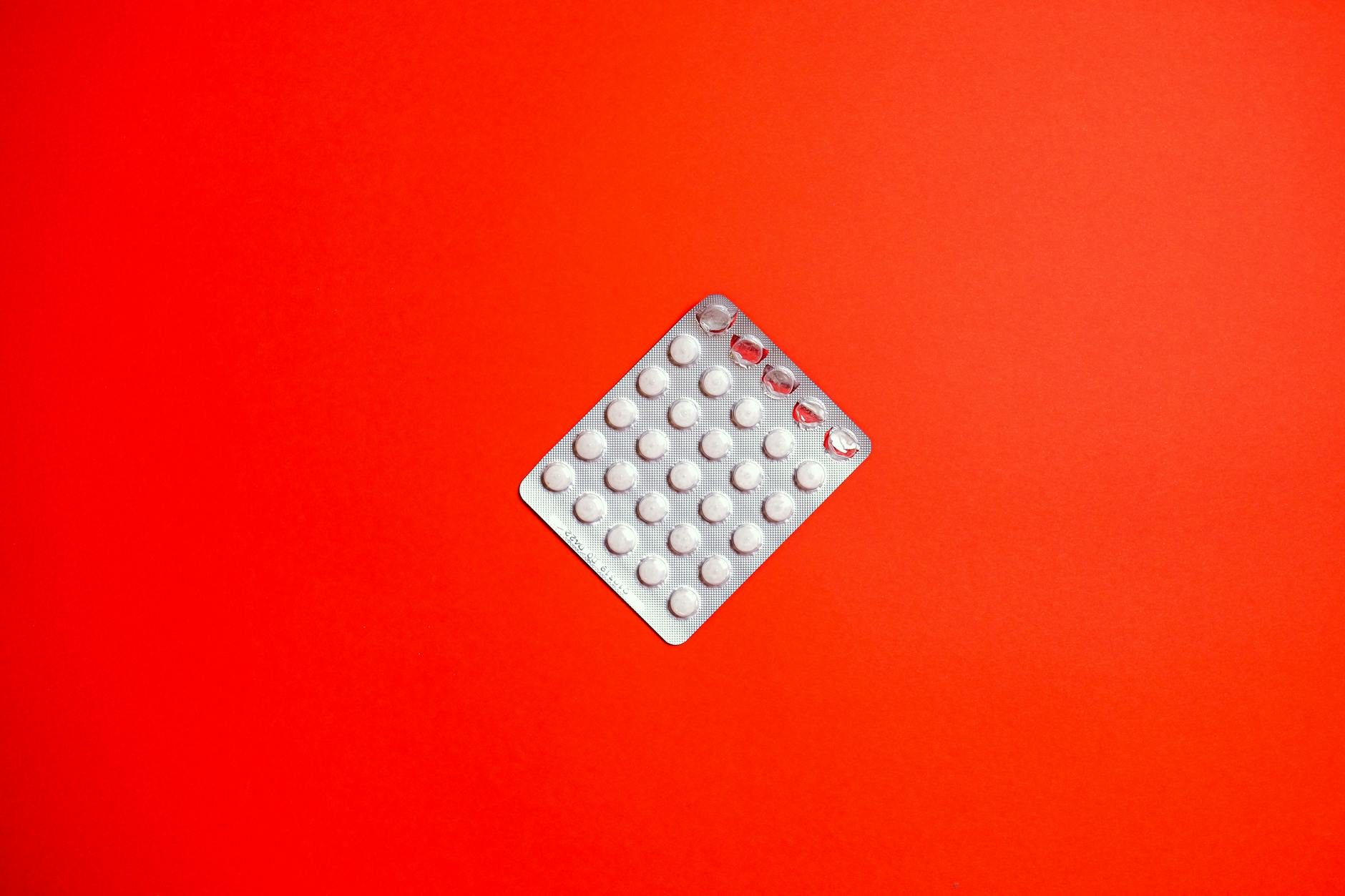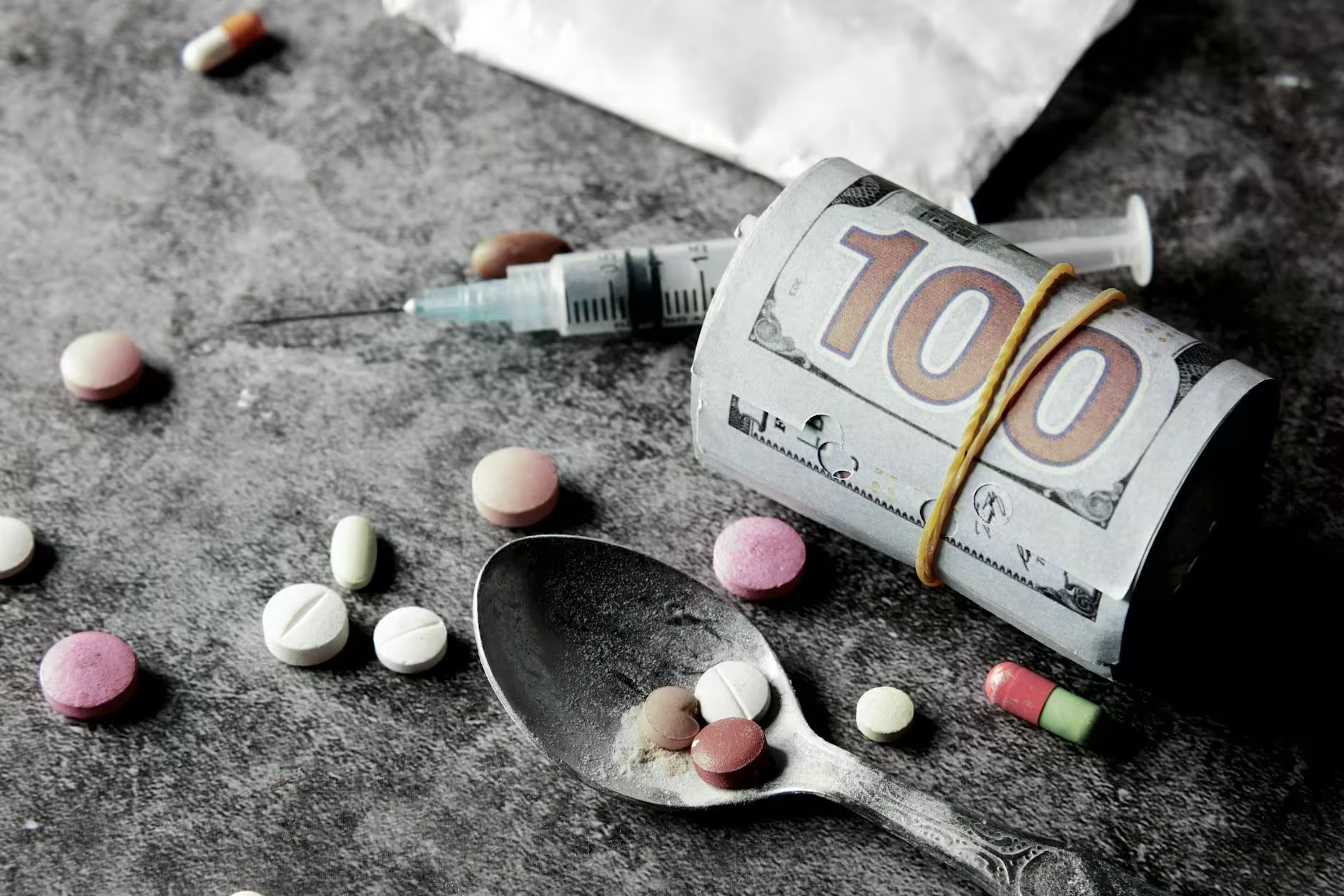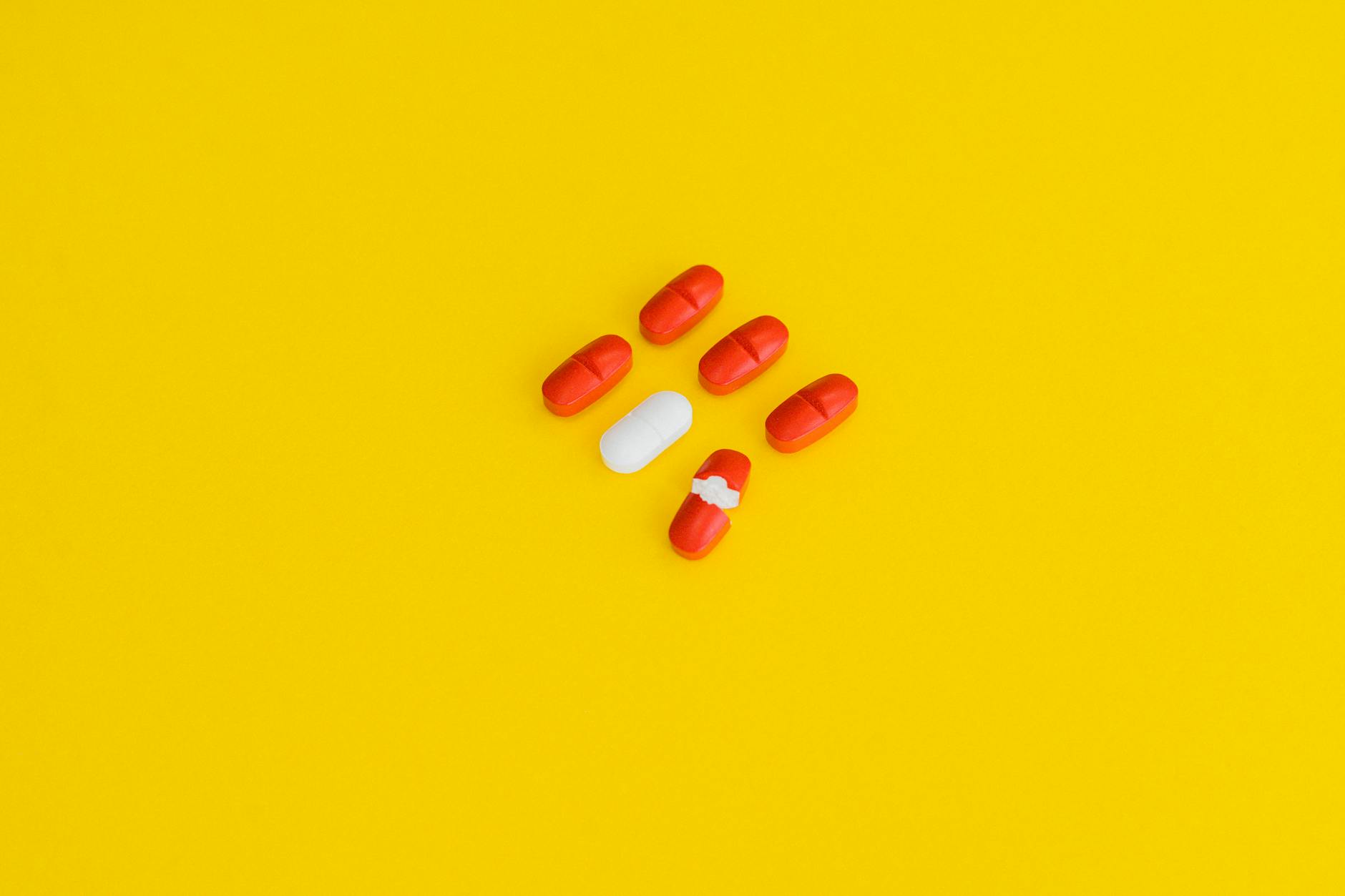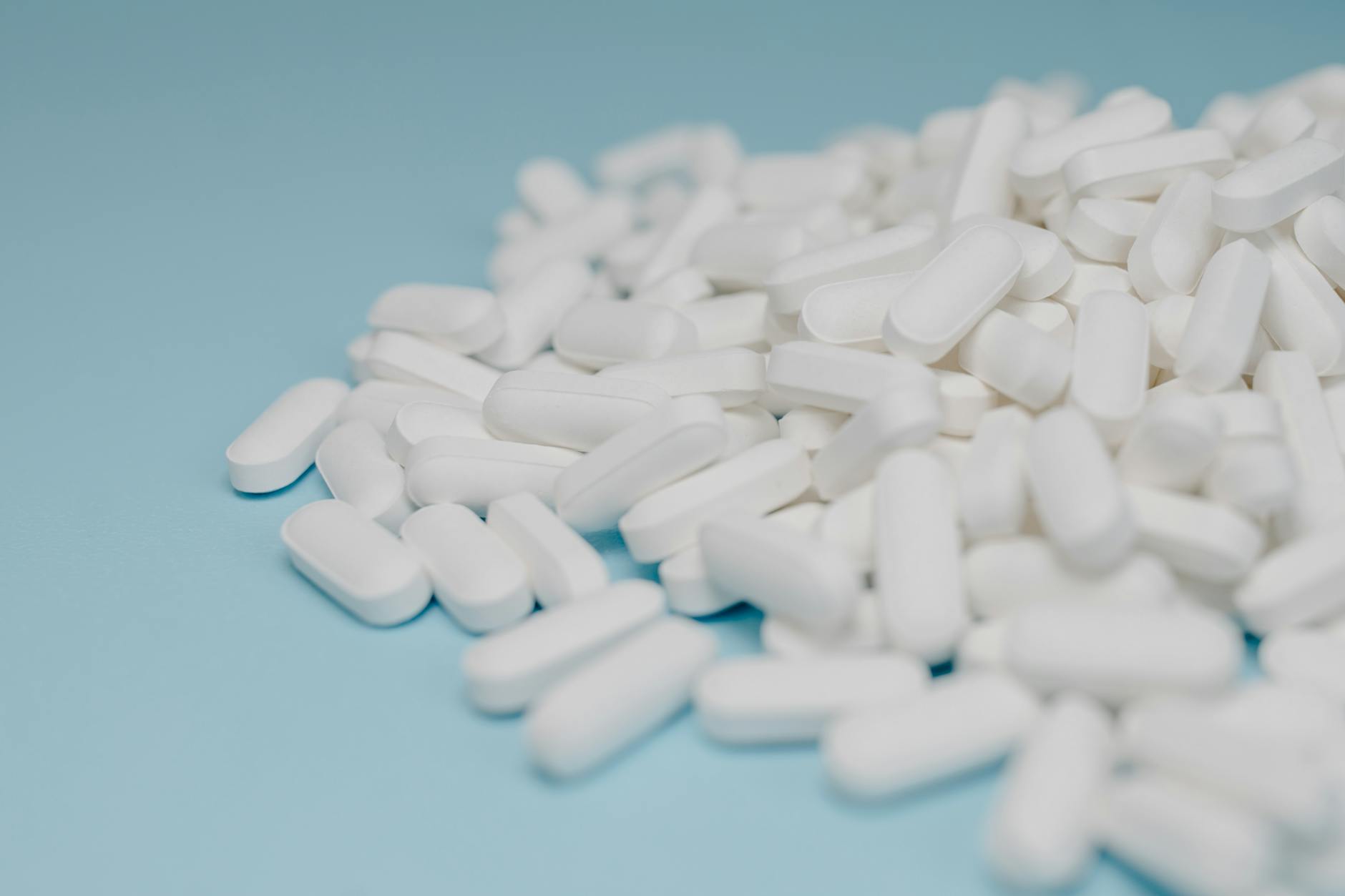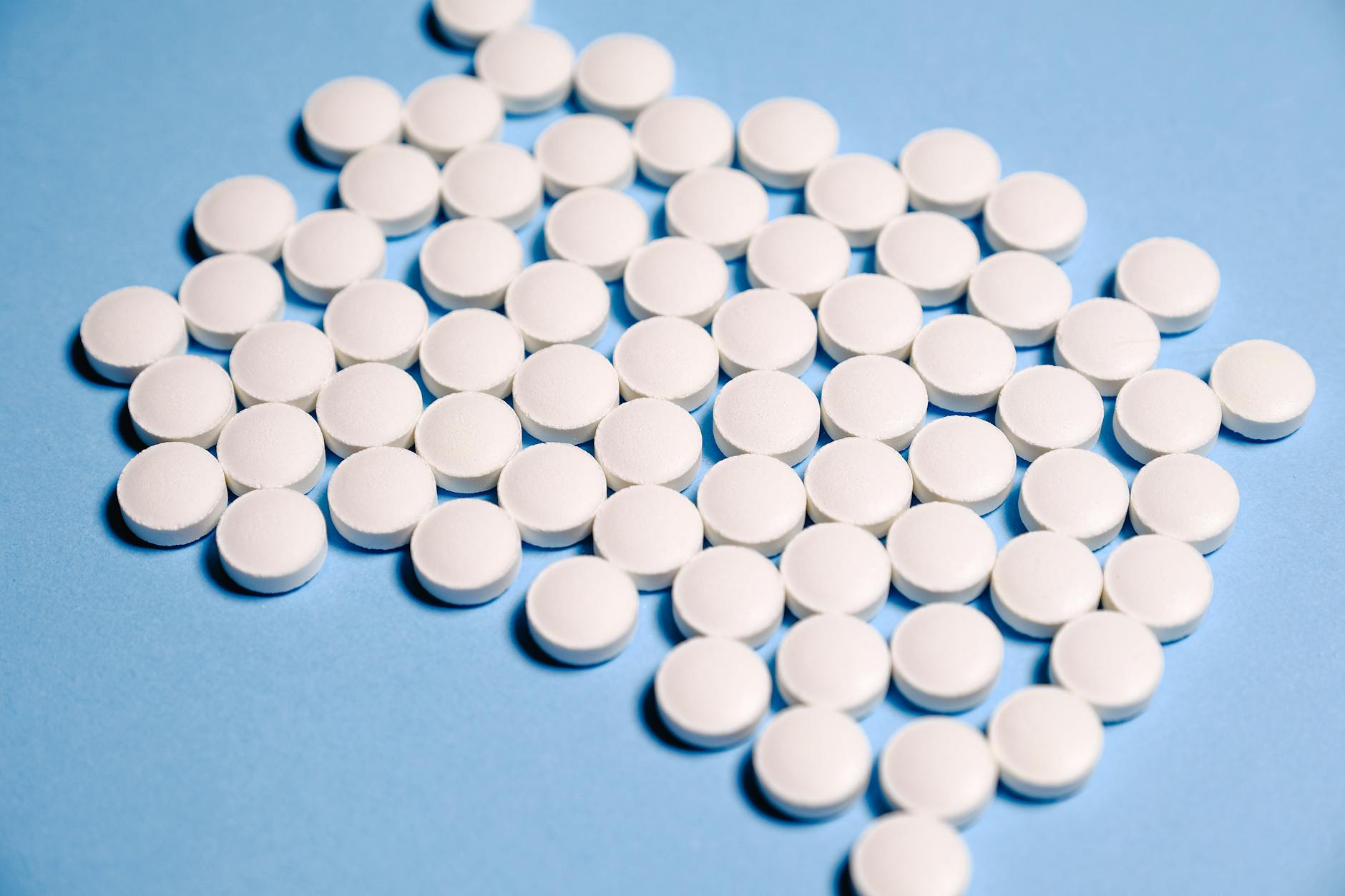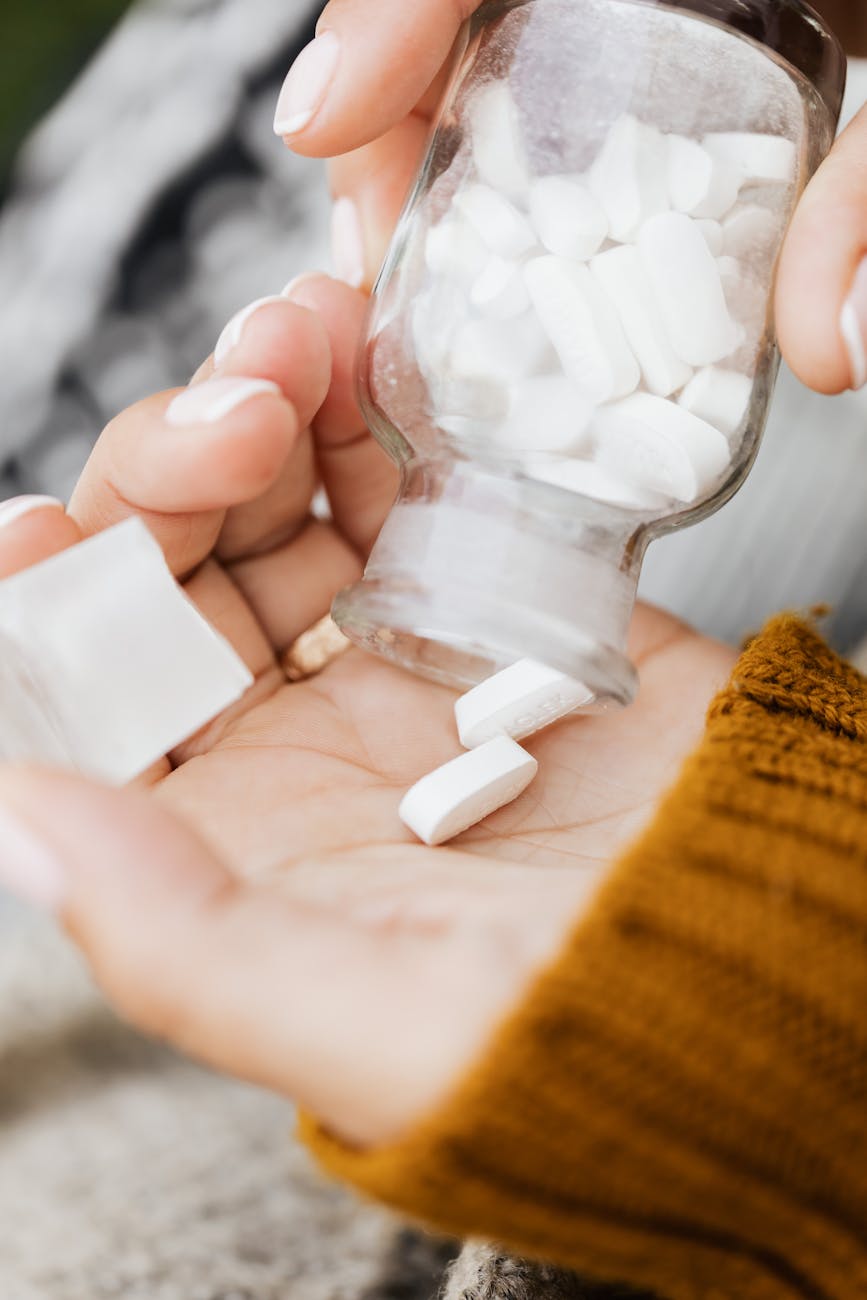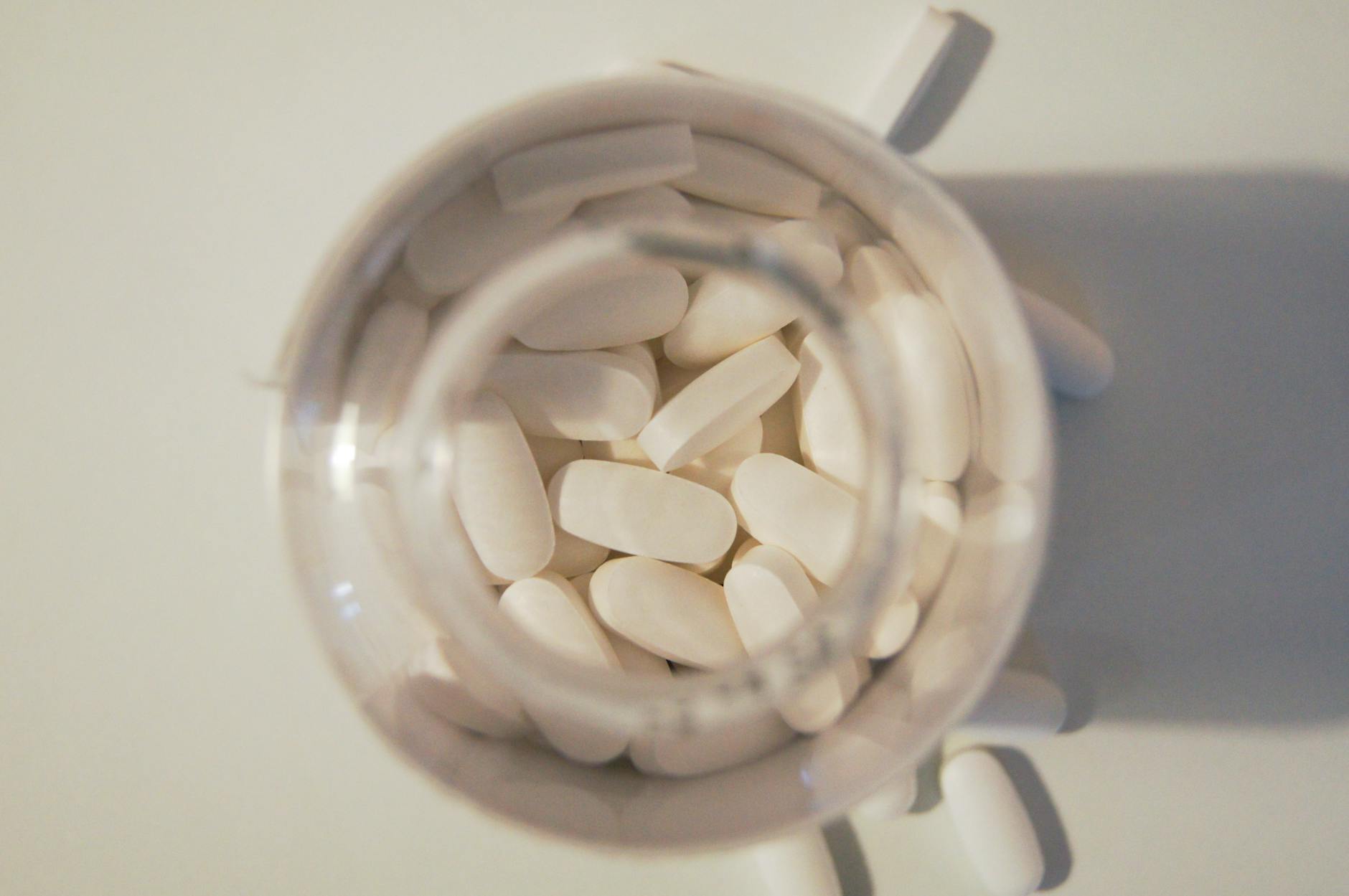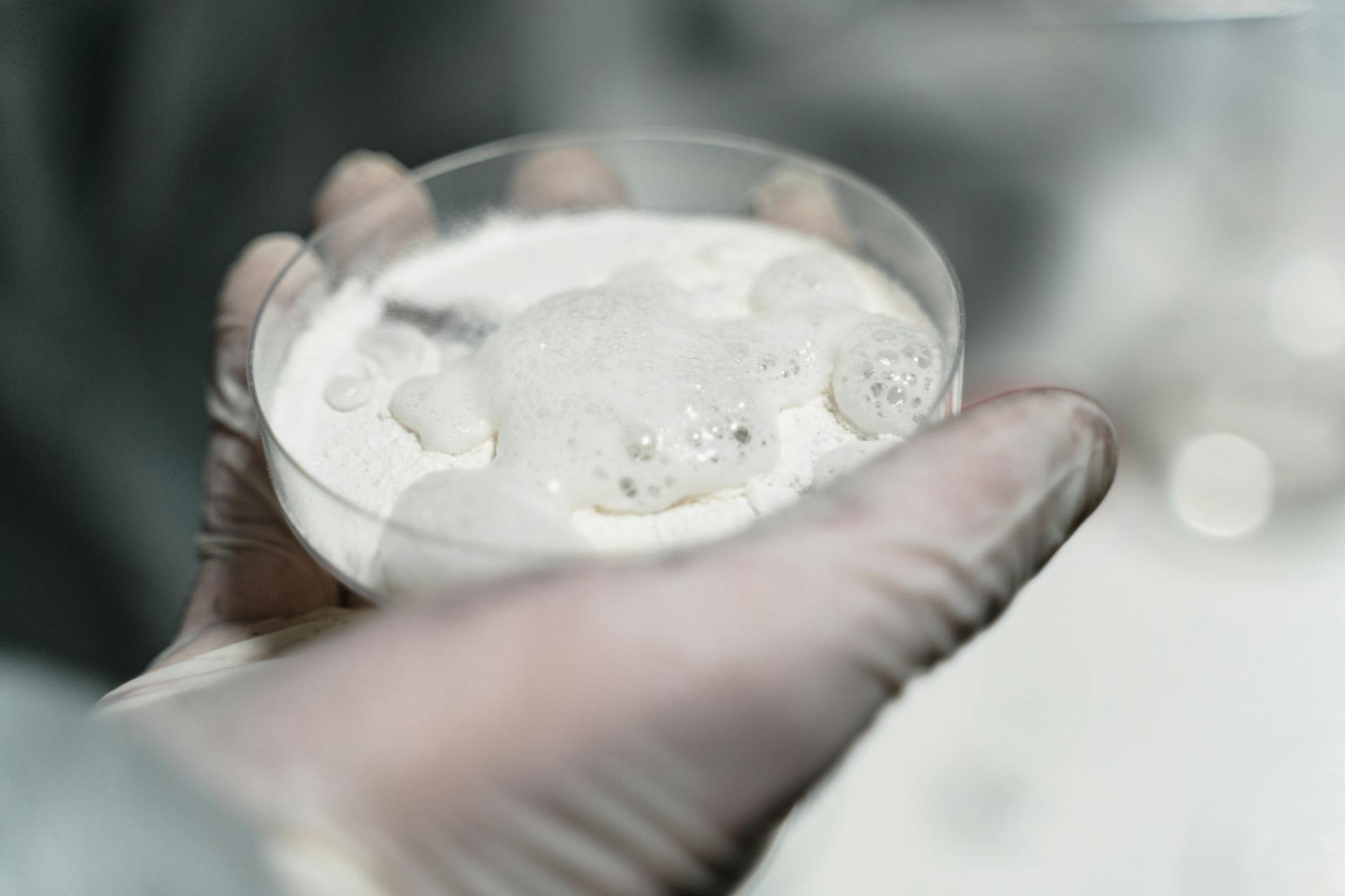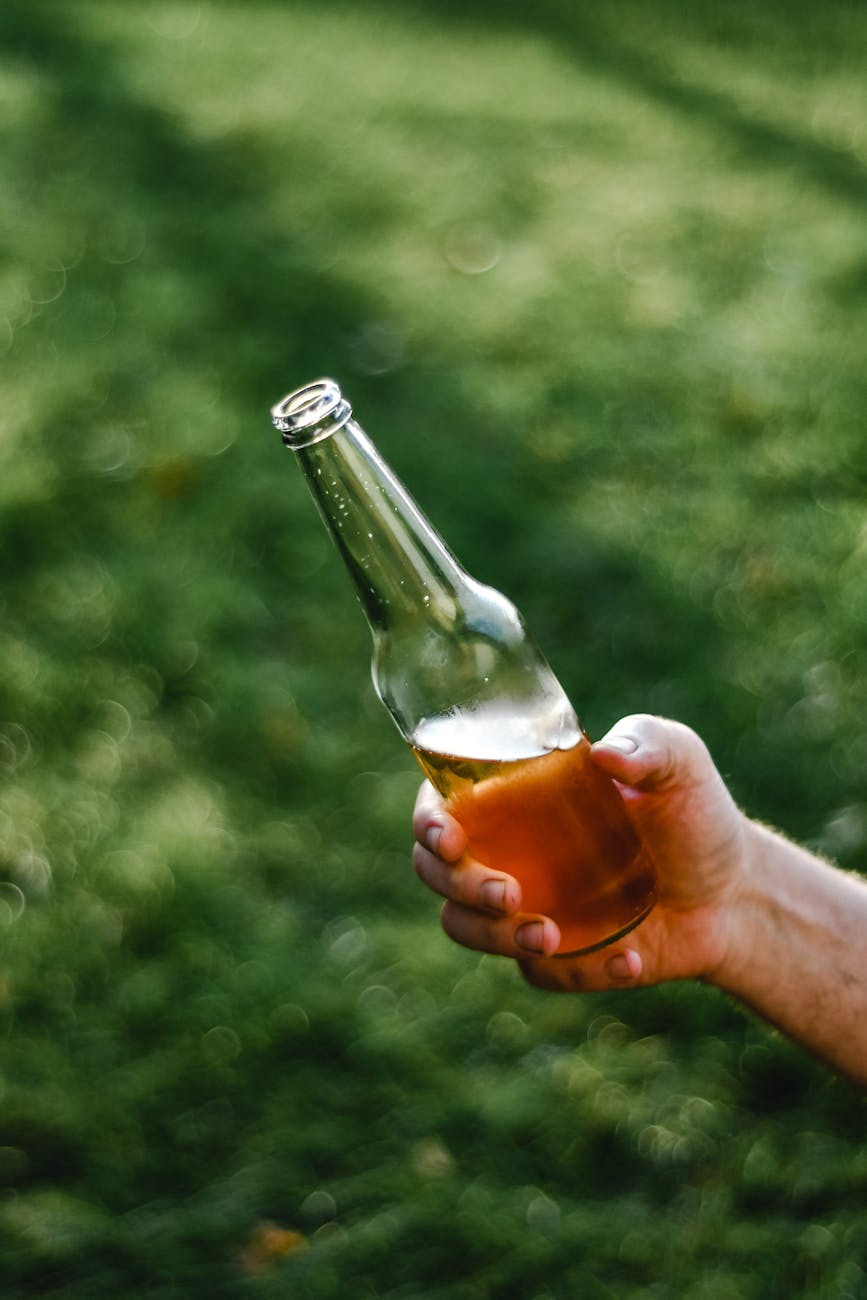Understanding Addiction Treatment
Embarking on the journey to overcome addiction is a significant step, and understanding the landscape of drug rehabilitation is crucial. This includes exploring the statistics related to drug rehab and acknowledging the challenges that may arise in achieving sobriety.
Statistics on Drug Rehab
A substantial gap exists between the need for drug rehab and those receiving it, with the Substance Abuse and Mental Health Services Administration (SAMHSA) indicating that as many as 90 percent of people who need drug rehab do not receive it.
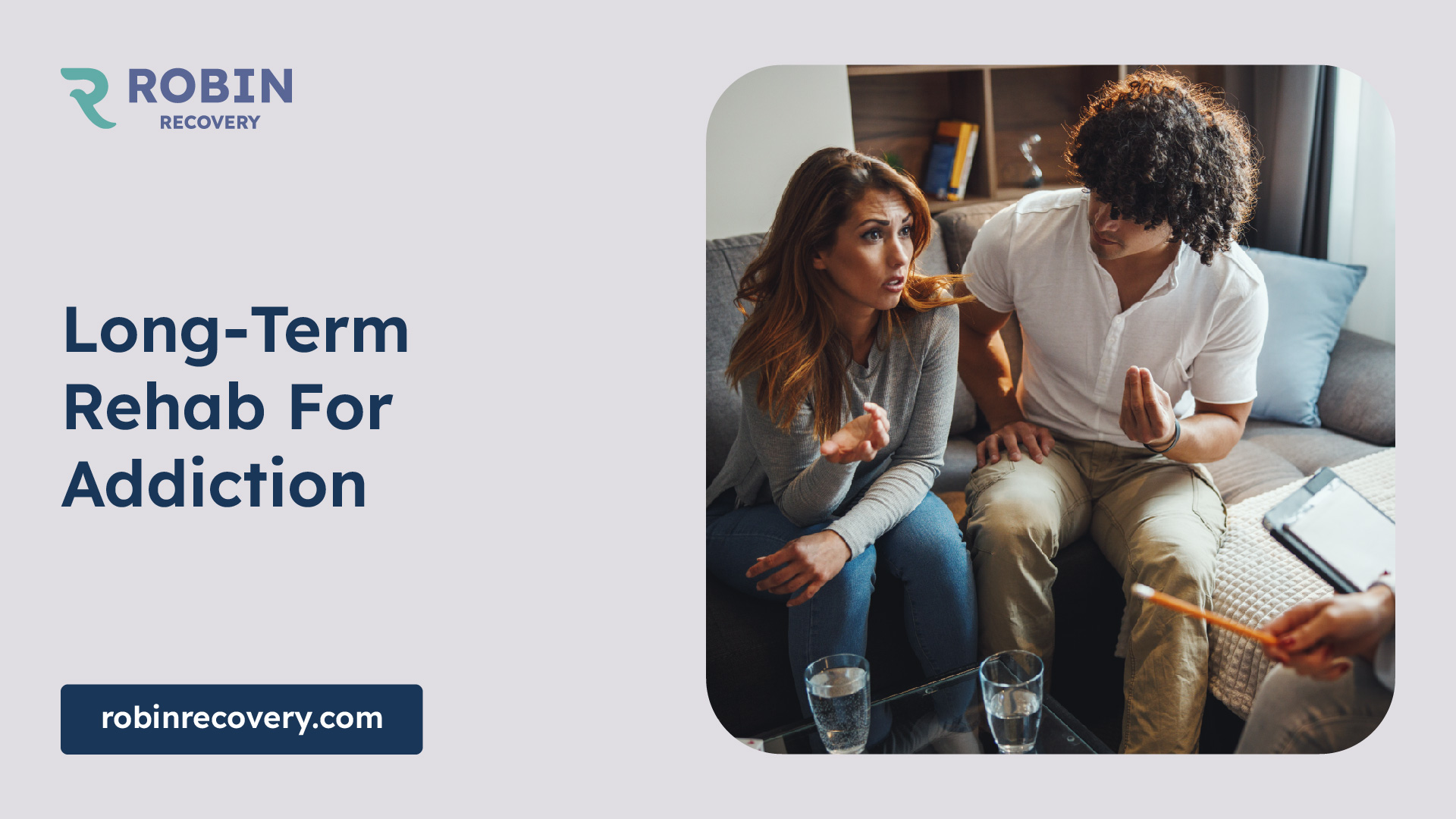
However, when individuals do receive treatment, the outcomes can be positive. Studies show that when incarcerated individuals receive comprehensive drug or alcohol treatment in prison and then follow up with continued care upon their release, their drug use declines by 50-70% compared to those who do not receive treatment.
Challenges in Achieving Sobriety
Achieving sobriety is not without its obstacles. Relapse rates for drug and alcohol use are estimated at 40-60% of individuals while in recovery, similar to other chronic diseases like hypertension and diabetes. Furthermore, less than 42% of individuals who enter treatment for drug and alcohol use complete the entire program.
These figures highlight the necessity of long-term rehab for addiction, which provides a structured environment and a comprehensive approach to overcome addiction. Long-term rehab programs, ranging from 90-day stays to 1 or even 2-year treatment stays, can significantly enhance the chances of achieving and maintaining sobriety.
The path to recovery is often a long and complex journey. The statistics and challenges underscore the need for holistic and sustained approaches to treatment, such as long-term rehab programs. These programs offer the necessary resources, support, and time needed to effectively combat addiction and pave the way towards a healthier, substance-free life.
Importance of Long-Term Rehab
When it comes to addiction treatment, long-term rehab plays a crucial role. It provides comprehensive care and support tailored to individual recovery needs, which can significantly improve the chances of achieving and maintaining sobriety.
Duration and Effectiveness
Long-term rehab programs typically range from 90-day stays to 6-month, 1-year, or even 2-year treatment stays. Studies show that individuals who spend at least 90 days in treatment have better chances of staying sober, and attending a 6- or 12-month rehab program can further increase the likelihood of sobriety.
Research also indicates that people who undergo longer-term treatment for addiction, such as 90 days, have higher success rates and a greater impact on mental health compared to those who receive short-term treatment. Additionally, patients who remain abstinent for 2 years are also drug- and alcohol-free at 10 years, suggesting that long-term treatment is strongly associated with a positive prognosis.
Components of Long-Term Programs
Long-term rehab programs are comprehensive, encompassing various components designed to address the multifaceted nature of addiction. These may include individual and group counseling, medications, physical and mental health treatment, socialization, vocational and legal supports, family counseling sessions, and participation in addiction support groups.
Additionally, the long-term rehab provides patients with the opportunity to practice coping skills, address underlying physical and mental health issues, forge connections with peers in the program, make changes at their own pace, and undergo random drug testing for added motivation towards sobriety.
Long-term rehab facilities also provide round-the-clock support with staff on premises, allowing patients to reside in a facility based on their treatment needs and progress in recovery [2].
Various therapeutic approaches can be employed in long-term rehab, including Medication Assisted Treatment (MAT), which research shows can significantly reduce drug use, particularly in cases involving opioids. Cognitive Behavioral Therapy (CBT) and Motivational Interviewing (MI) have also been shown to reduce substance use and improve treatment outcomes for drug addiction [3].
In summary, the importance of long-term rehab for addiction cannot be overstated. It offers comprehensive care and support over an extended period, enhancing the chances of achieving long-lasting sobriety. With a variety of treatment components, it addresses both the physical and psychological aspects of addiction, paving the way for a healthier, drug-free life.
Enhancing Recovery Through Aftercare
The journey to recovery from addiction extends beyond the initial treatment. Aftercare programs and support services play a critical role in sustaining sobriety and improving the quality of life post-treatment.
Role of Aftercare Programs
Continuing care, also known as aftercare or follow-up care, is prescribed after formal structured addiction treatment and aims to support the application of tools learned in treatment in real-life situations. Aftercare is crucial for ensuring successful recovery post-treatment completion.
The primary goal of treatment for most patients is the attainment and maintenance of abstinence, which is strongly associated with a positive long-term prognosis. Patients who remain abstinent for 2 years are also drug- and alcohol-free at 10 years. Patients who remain in treatment for longer periods of time are also likely to achieve maximum benefits. Continuing participation in aftercare or self-help groups following treatment is associated with success [4].
Support Services for Sustained Recovery
Recovery from addiction requires support services post-initial treatment to improve quality of life, emotional and physical health, success in school or work, healthy relationships, and social life [5].
Common supports include recovery or sober houses, sober dorms, recovery high schools, and recovery support groups. These resources provide a safe and supportive environment for individuals to continue their journey towards sobriety.
Furthermore, these support services can also help individuals address complex problems such as medical and mental illnesses, disrupted relationships, vocational and legal problems, and impaired functioning in various aspects of life. The emphasis may change throughout treatment, from minimizing the effects of continuing use to building new relationships and developing necessary skills [4].
In conclusion, the journey to recovery from addiction is a lifelong process that requires continuous effort and support. Aftercare programs and support services are integral parts of this journey, providing individuals with the tools and resources they need to maintain sobriety and lead fulfilling lives.
Family Involvement in Recovery
Family involvement plays a pivotal role in the recovery process of an individual undergoing long-term rehab for addiction. The family's support can profoundly influence the outcome of the rehabilitation process, enhancing the effectiveness of treatment and increasing the chances of sustained sobriety.
Impact of Family Therapy
Family therapy programs treat not just the person with the substance use disorder (SUD), but the entire family unit. These programs can include a wide range of therapies, support groups, family days, family retreats, parenting classes, and play therapy for children American Addiction Centers.
Family therapy focuses on understanding the dynamics of substance abuse within the family unit, aiming to repair any damaged relationships. It helps family members make positive changes to enhance family relationships and the home environment following a loved one's recovery from addiction Into Action Recovery Centers.
Moreover, evidence suggests that people who have family support are more likely to remain in treatment, cease misusing substances, and maintain sobriety. This finding underscores the importance of support from family members in addiction recovery American Addiction Centers.
The benefits of family therapy extend beyond the individual's sobriety and include repairing and improving relationships affected by addiction. It educates loved ones on addiction, treatment processes, and equips them with the necessary skills to support their loved one's sobriety Into Action Recovery Centers.
Supporting Loved Ones Post-Rehab
After a loved one completes a long-term rehab for addiction, the family's role doesn't end. Providing continuous support for a loved one after rehab is crucial to prevent relapse and maintain long-term sobriety. This support can take various forms, including emotional support, helping the individual avoid triggers, and encouraging them to continue participating in post-rehab support programs.
Families can also reinforce the coping strategies that their loved ones learned during rehab and help them implement these strategies in their daily lives. This can involve encouraging healthy lifestyle choices, supporting their loved one's efforts to establish a regular routine, and fostering a positive, substance-free environment at home.
In addition, families can benefit from continuing to participate in family therapy or support groups post-rehab. These resources can provide valuable advice and support, helping families navigate the challenges that may arise during their loved one's recovery journey. It's also important for families to educate themselves about addiction and recovery to better understand their loved one's experiences and needs.
In conclusion, family involvement is a vital component of successful long-term recovery from addiction. Through active participation in family therapy and ongoing support post-rehab, families can play a significant role in their loved one's journey towards sustained sobriety.
Diverse Approaches to Treatment
When it comes to long-term rehab for addiction, it's important to note that treatment isn't a one-size-fits-all approach. Different methods work for different individuals, and the most effective programs are those that customize treatment based on the individual's unique needs and circumstances. Two commonly used approaches in addiction treatment are Medication Assisted Treatment (MAT) and behavioral therapies like Cognitive Behavioral Therapy (CBT) and Motivational Interviewing (MI).
Medication Assisted Treatment (MAT)
Medication Assisted Treatment (MAT) is a comprehensive approach that combines the use of FDA-approved medications with counseling and behavioral therapies to treat substance use disorders. Research shows that up to 90% of people who receive MAT for drug addiction, particularly involving opioids like heroin, are less likely to use drugs after two years compared to those without treatment.
The primary goal of MAT is to help individuals achieve and maintain abstinence, which is strongly associated with a positive long-term prognosis. For example, patients who remain abstinent for 2 years are also likely to remain drug- and alcohol-free at 10 years.
Cognitive Behavioral Therapy (CBT) and Motivational Interviewing (MI)
Cognitive Behavioral Therapy (CBT) and Motivational Interviewing (MI) are two behavioral therapies commonly used in long-term rehab for addiction. Both methods aim to change harmful thinking and behavior patterns and motivate individuals towards positive change.
CBT helps individuals identify and change dysfunctional thought patterns that lead to substance use, while MI focuses on enhancing motivation and commitment to change. Both therapies have been shown to reduce substance use and improve treatment outcomes for drug addiction.
These therapies can be delivered in various treatment settings, including inpatient hospitalization, residential treatment, intensive outpatient treatment, and outpatient treatment. The choice of setting depends on the patient's needs and progress in treatment. There is no clear relationship between treatment setting and successful outcomes, and most patients can benefit from treatment delivered in either inpatient or outpatient settings.
In conclusion, it's critical to understand that there are multiple paths to recovery, and the best approach depends on the individual's specific needs, preferences, and circumstances. Both MAT and behavioral therapies like CBT and MI have proven to be effective in treating addiction and aiding long-term recovery. The key is to find the right combination of treatments and supports that work best for the individual.
Accessing Support Services
In addition to long-term rehab for addiction, a myriad of support services are available for individuals seeking to maintain sobriety and prevent relapse. These services often provide comprehensive resources and support systems that are essential for continued sobriety.
Community-Based Resources
Community-based resources are an essential element of recovery from addiction. These resources offer individuals the opportunity to access support within their local community and often provide services such as counseling, peer support groups, and educational programs.
In Canada, nationwide services are available for individuals seeking help with substance use. This includes overdose prevention and tobacco cessation resources that are accessible to anyone, anywhere, at any time.
For Indigenous peoples, culturally sensitive resources are provided through programs such as the National Native Alcohol and Drug Abuse Program and National Youth Solvent Abuse Program, as well as through designated treatment centers.
Information on community-based prevention programs can be obtained through community nursing stations, health centers, band councils, or local regional offices [6].
Additionally, Canadian Mental Health Association offers resources like the Naloxone 101 Toolkit, which provides guidance on how, why, and when to use a naloxone kit, along with information on obtaining one free of charge.
Support Systems for Continued Sobriety
A strong support system is critical for individuals in recovery from addiction. These systems may include friends, family members, mental health professionals, or peers who are also in recovery.
In addition to personal networks, there are various supportive options available for individuals seeking help with substance use, including overdose prevention resources and quit smoking services. It should be noted that while these resources are readily available, the page does not provide direct links to private clinics or for-profit organizations.
These support systems can provide emotional support, practical advice, and a sense of community, all of which can contribute to long-term success in recovery. By leveraging both community resources and strong support networks, individuals in recovery can further their journey towards sobriety and overall well-being.
References
[1]: https://americanaddictioncenters.org/rehab-guide/success-rates-and-statistics
[2]: https://americanaddictioncenters.org/rehab-guide/long-term
[3]: https://delamere.com/blog/the-success-rates-of-different-addiction-treatments
[4]: https://www.ncbi.nlm.nih.gov/books/NBK64815/
[5]: https://drugfree.org/article/types-of-addiction-treatment/
[6]: https://www.canada.ca/en/health-canada/services/substance-use/get-help-with-substance-use.html
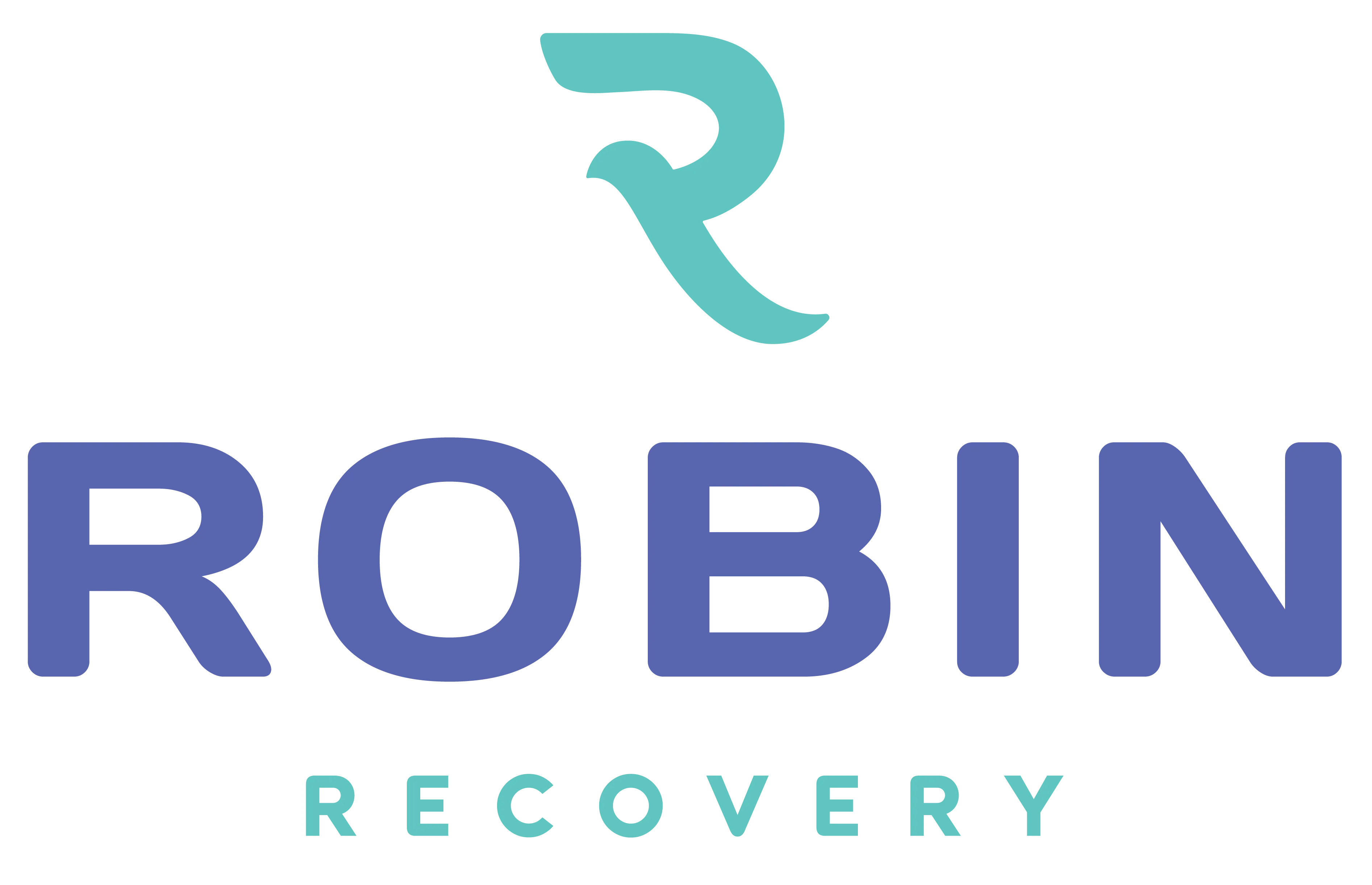
.svg)

.svg)

.svg)
.svg)

































